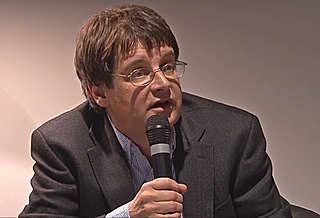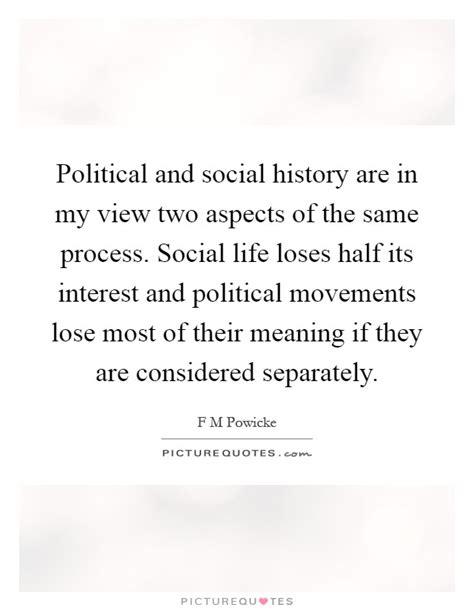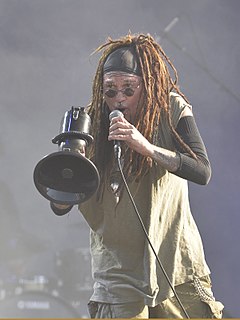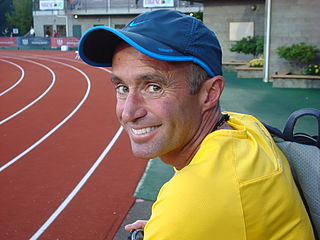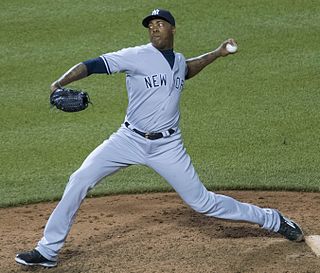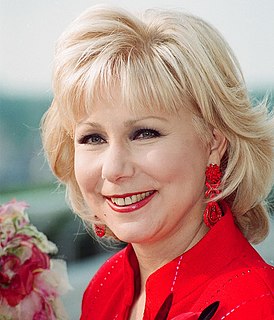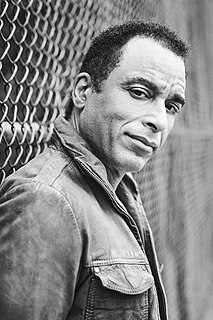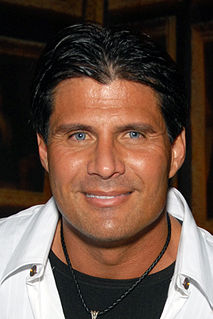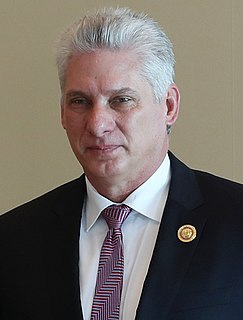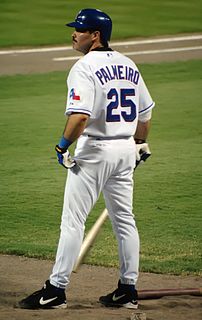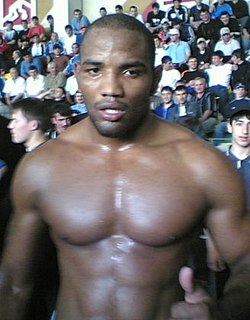A Quote by Alejandro Castro Espin
Venezuela, Ecuador, Bolivia, and Nicaragua have made a tremendous leap just by rejecting the neoliberal adjustment policies, they are making a statement from the social perspective. Capital in these cases has not been protected in any way which along with non - interference of the state is what neo liberalism stands for. It has gone the other way around; they have looked for social policies from the political movements and then when they have acquired the power of those political movements they have become in charge of the State.
Quote Topics
Acquired
Adjustment
Along
Any
Around
Become
Been
Bolivia
Capital
Cases
Charge
Ecuador
Gone
Interference
Just
Leap
Liberalism
Looked
Made
Making
Movements
Nicaragua
Other
Perspective
Policies
Political
Political Movement
Political Movements
Power
Protected
Rejecting
Social
Stands
State
Statement
Then
Those
Tremendous
Venezuela
Way
Which
Related Quotes
Venezuela, Bolivia and Ecuador lived through times of cruel and ruthless capitalism where the workers, the masses of the population, saw themselves living in a precarious state of employment and subsistence conditions. The impact of this reality took hold and impacted the evolution of the social situation of those countries and even though that produced movements that were not exactly political movements but social movements.
For me, it is clear that we are currently in a period of structural crisis of capitalism going back to the 1970s, but deepening in our time. Persistent economic stagnation together with neoliberal austerity has at this point seriously undermined the stability of the liberal-democratic state and thus the political command sector of the capitalist system. This has led to a dangerous resurgence of political movements in the fascist genus, representing an alternative way of managing the state of the capitalist system, opposed to liberal democracy.
If we are going to talk about the most recent of the "Indignados" movements in several countries of the world, including Europe, those are social movements but eventually they will evolve into political movements. This will happen because the traditional bourgeois parties have lost credibility after being the main political influence in most countries of Latin-America and Europe in the last 50 or 60 years.
Until educators, individuals, artists, intellectuals and various social movements address how the metaphysics of casino capitalism, war and violence have taken hold on American society (and in other parts of the world) along with the savage social costs they have enacted, the forms of social, political, and economic violence that young people are protesting against, as well as the violence waged in response to their protests, will become impossible to recognize and act on.
I think the other side of this is in this balance between the social state and the punishing state, remember, the social state has been decimated. And the question becomes, how is finance capital, how does the 1 percent now resort to governing? And they govern basically through a form of lawlessness and what I call the punishing state, in which we've had a punishment creep, and now it moves from the prison to almost every institution in society, from airports to schools to social services.
Shouldn't the American leadership be addressing what is happening in America, with its domestic policies on racism, discrimination, illegal monitoring, solitary confinement, torture, Guantanamo Bay and any other social and political issues related to the American society not directly connected to Islam? American Muslims must speak out and be involved as well in international policies and, through their institutions, they should raise their voice. This is the way you serve the community.
As far as Bernie Sanders is concerned, he is a decent, honest person, and I supported him. What he means by socialism is New Deal Liberalism. In fact, his actual policies would not have been a great surprise to General Eisenhower. The fact that this is called a "political revolution" is a sign of how far to the right the political spectrum has shifted, mainly in the last 30 years since the neoliberal programs began to be instituted. What he was calling for was a restoration of something like New Deal Liberalism, which is a very good thing.
Collective insurance policies and social protections have given way to the forces of economic deregulation, the transformation of the welfare state into punitive workfare programs, the privatization of public goods and an appeal to individual accountability as a substitute for social responsibility.
It is unfortunately none too well understood that, just as the State has no money of its own, so it has no power of its own. All the power it has is what society gives it, plus what it confiscates from time to time on one pretext or another, there is no other source from which State power can be drawn. Therefore every assumption of State power, whether by gift or seizure leaves society with so much less power; there is never, nor can be, any strengthening of State power without a corresponding and roughly equivalent depletion of social power.
The question is, how do you stop the power elite from doing as much damage to you as possible? That comes through movements. It's not our job to take power. You could argue that the most powerful political figure in April of 1968 was Martin Luther King. And we know Johnson was terrified of him. We have to accept that all of the true correctives to American democracy came through these movements that never achieved formal political power and yet frightened the political establishment enough to respond.

